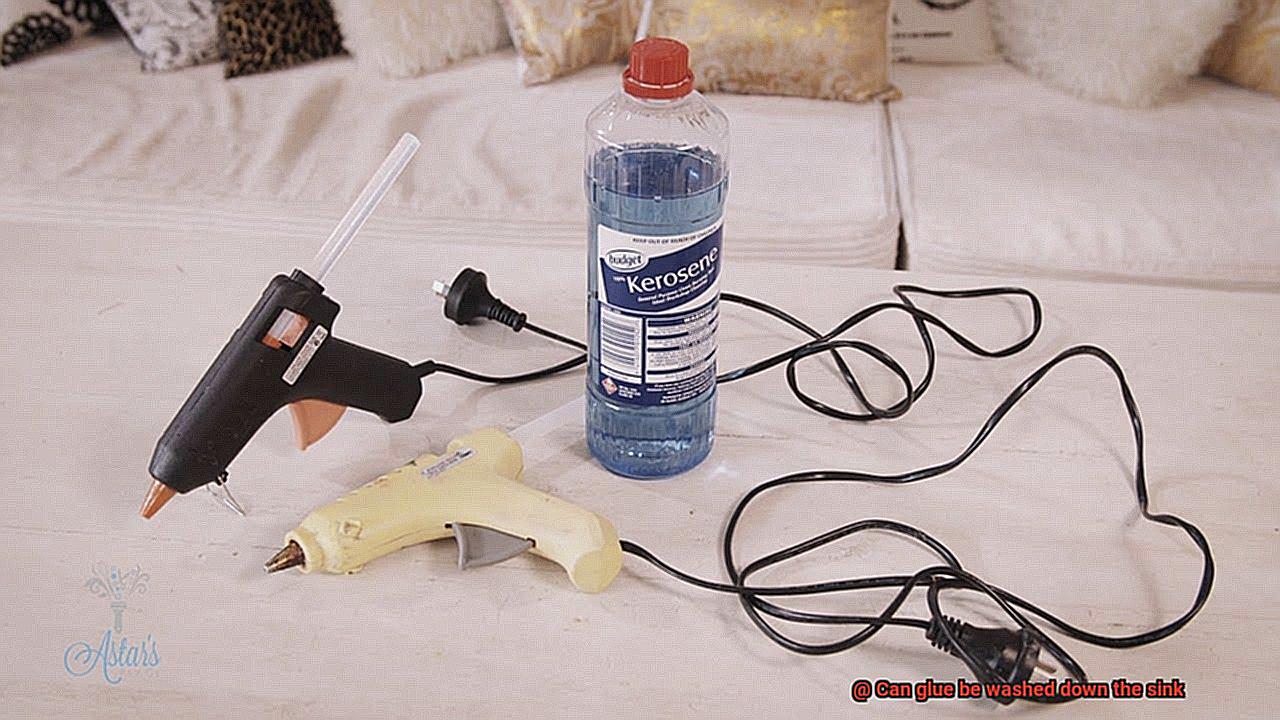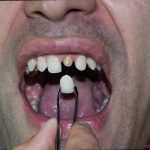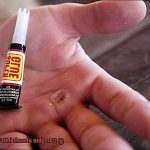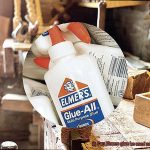Adhesives are a part of our daily lives, whether we’re fixing a broken vase or creating a DIY project. But what do we do with the leftover glue when we’re done? Can it be washed down the sink, or is there a better way to dispose of it?
If you’ve ever poured glue down the drain without thinking twice, you might want to reconsider. Glue contains chemicals that can harden and clog your pipes when mixed with water. Not only is this an inconvenience, but it can also be costly to fix.
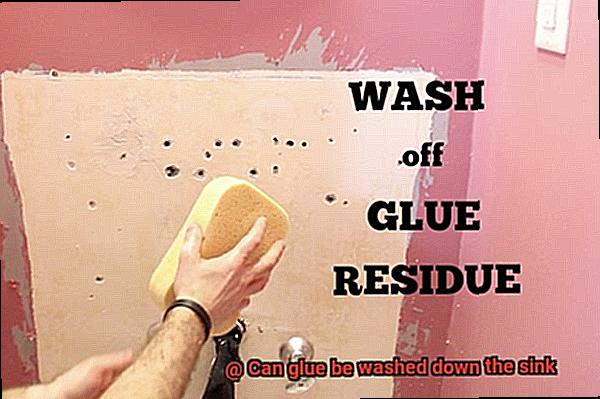
But that’s not all – washing glue down the sink can have harmful effects on the environment too. If the glue contains toxic chemicals, it can contaminate water systems and harm aquatic life.
So, what’s the solution? In this blog post, we’ll explore some practical tips for disposing of glue properly and protecting both your pipes and the environment. Join me on this informative journey as we discover how small actions can make a big impact in preserving our planet.
What is Glue?
Contents
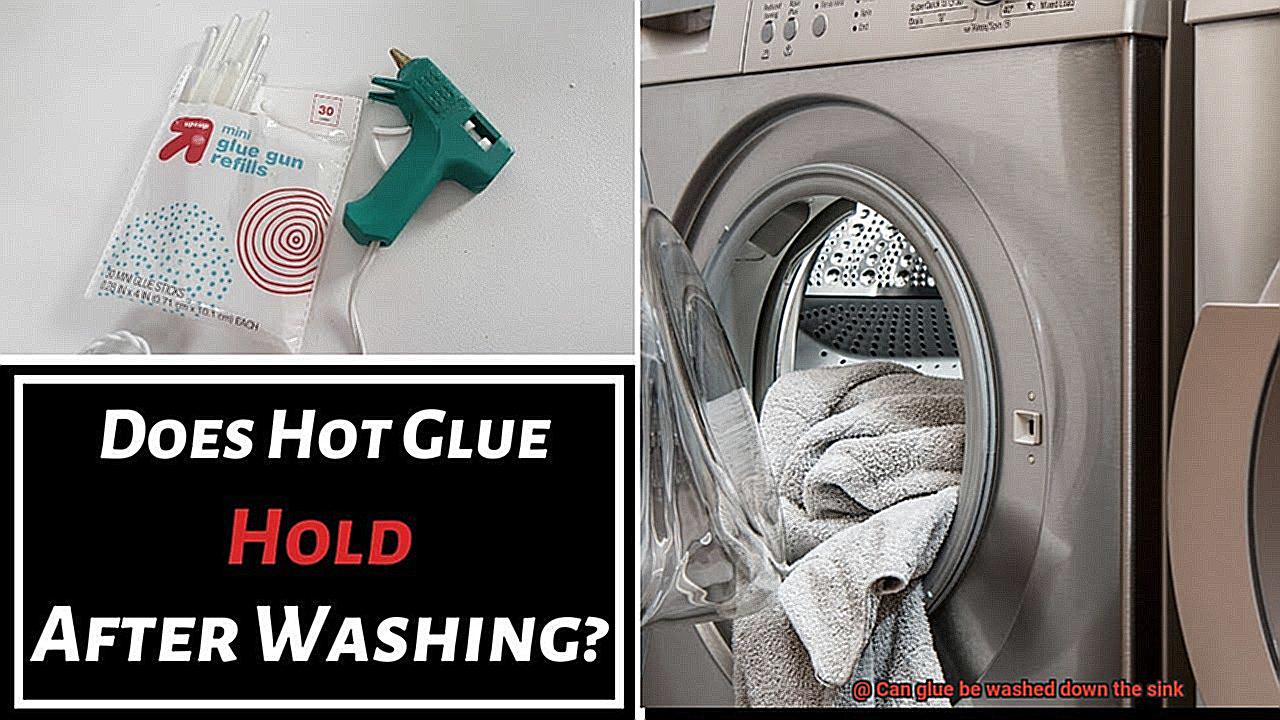
Glue is a magical adhesive that can bond two surfaces together. This sticky substance can be made from natural or synthetic polymers, resins, or animal products. Its primary purpose is to create a strong bond and hold surfaces together.
Nowadays, there are many types of glue available on the market to cater to different needs. Whether you need white glue for paper-based crafts or super glue for bonding metal and plastic, there is a glue for every application.
But, before you start gluing things together, it is important to follow the instructions carefully and avoid applying too much glue. Excess glue can cause a weaker bond and can even seep out of the joint.
Have you ever wondered if you can dispose of glue by washing it down the sink? The answer is not straightforward, as it depends on the type of glue you are using. Water-based glues, such as school glue or white glue, are generally safe to wash down the sink in small quantities. However, pouring large amounts of glue down the sink can still cause clogs.
On the other hand, solvent-based glues like superglue or epoxy should never be washed down the sink. These types of glues contain chemicals that can harm the environment and damage your pipes. It is best to dispose of these types of glues in the trash or at a hazardous waste facility.
Types of Glue
- First up, we have white glue – also known as PVA or school glue. This water-based adhesive is perfect for paper, cardboard, and other porous materials. The best part? In small quantities, white glue is generally safe to wash down the sink. But beware – even water-based glues can cause blockages in pipes if too much is washed down the drain. So, it’s always best to dispose of it in the trash whenever possible.
- Next up is super glue – a fast-drying adhesive that forms a high-strength bond between plastics, metal, and ceramics. Unfortunately, super glue is not water-soluble and should never be washed down the sink. Doing so can not only cause blockages in pipes but also harm aquatic life. So, it’s essential to dispose of this type of glue in the trash.
- Moving on to epoxy – another two-part adhesive that forms a strong bond between materials like metal, wood, and plastic. Like super glue, epoxy should never be washed down the sink due to its non-water-soluble nature. It’s crucial to dispose of it properly in the trash to prevent any harm to your plumbing system or the environment.
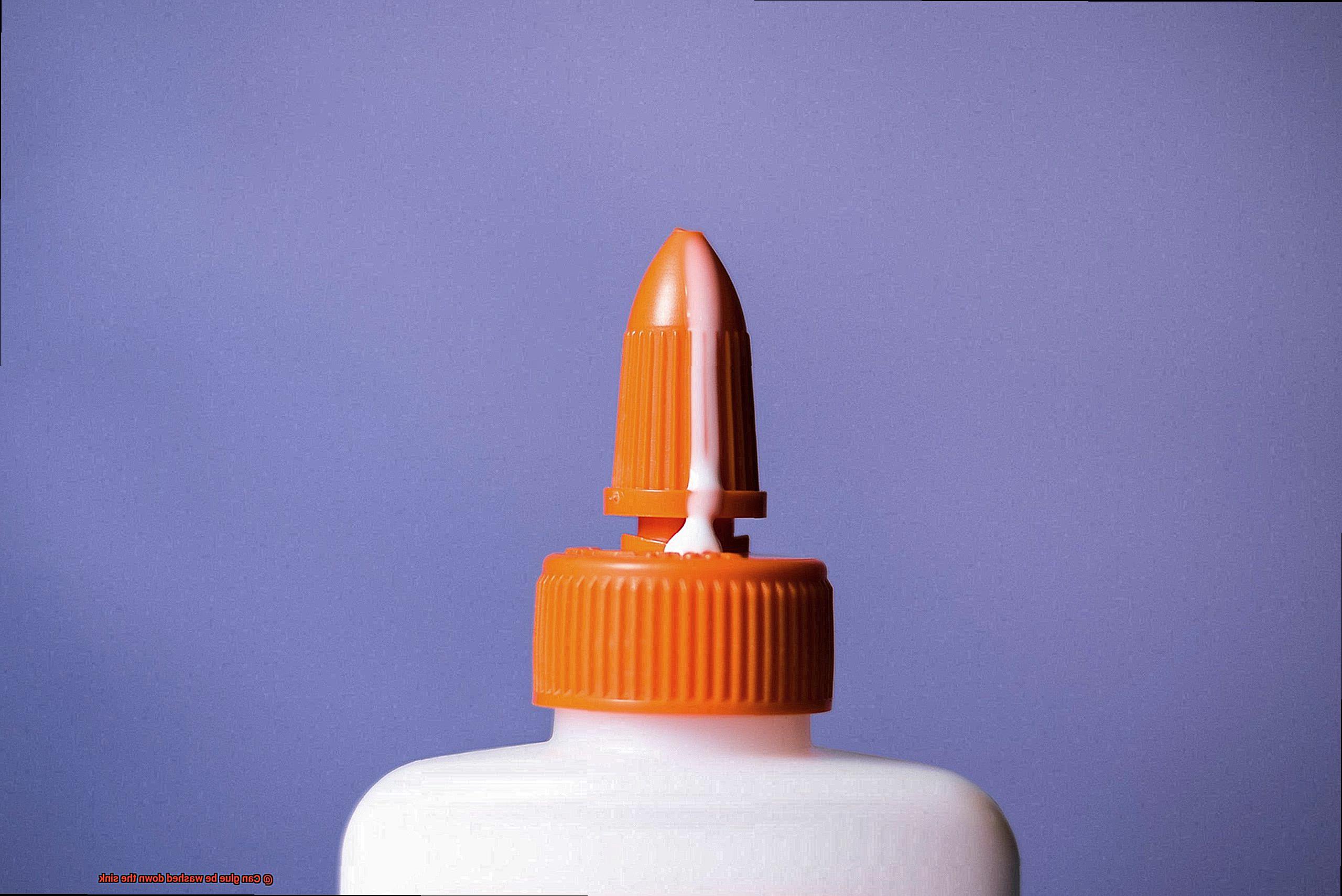
Hot glue is a thermoplastic adhesive that’s melted using a hot glue gun and dries quickly on a variety of surfaces. While it may be tempting to wash away any excess hot glue down the sink, it’s best to avoid doing so. Hot glue can accumulate over time and cause blockages in pipes – something we all want to avoid.
Last but not least, we have contact cement – a rubber-based adhesive that forms a strong bond between surfaces like laminates and leather. While it may be tempting to wash away any excess contact cement down the sink, it’s important to dispose of it properly in the trash.
Can Water-Based Glues Be Washed Down the Sink?
Water-based glues, such as school glue or white glue, are generally safe to wash down the sink. They’re made from a mixture of water and polyvinyl acetate (PVA), which is non-toxic and won’t harm your plumbing or the environment. That being said, it’s important to remember that over time, these glues can contribute to clogs in your pipes.
To avoid potential plumbing disasters, rinse any excess glue off your hands or tools before washing them in the sink. And if you’re worried about clogs, using a strainer to catch any large bits of glue can also help prevent blockages from forming.
However, not all water-based glues are created equal. Some may contain additives or solvents that are harmful if washed down the sink. So always check the label on your glue for any disposal instructions before washing it down the drain.
Can Solvent-Based Glues Be Washed Down the Sink?
The answer is a firm no – and for good reason. These types of glues are widely used in construction, woodworking, and automotive repairs, but they contain chemicals that can dissolve in solvents like acetone, toluene, or methyl ethyl ketone. When washed down the sink, these chemicals can create a harmful mixture that can seriously damage the environment.
Not only can solvent-based glues harm aquatic life and contaminate water sources, but they can also cause blockages in pipes that lead to costly repairs and environmental damage. It’s clear that disposing of these glues improperly is simply not worth the risk.
So what should you do instead? The best way to dispose of solvent-based glues is to let them dry out completely before throwing them away in the trash. Alternatively, you can take them to a hazardous waste disposal center where they will be properly handled and disposed of.
Environmental Impact of Glue Disposal
Firstly, it’s essential to understand that many types of glue contain harmful chemicals that can pose a significant threat to the environment if they’re not disposed of properly. For example, some glues contain volatile organic compounds (VOCs), which contribute to air pollution and harm human health. Similarly, other types of adhesive may contain toxic substances such as formaldehyde, which can have severe health effects if ingested or inhaled.
However, the environmental impact of glue disposal doesn’t stop there. Improperly disposing of glue can also cause problems for our sewage system and water treatment plants. When glue is washed down the sink or drain, it can stick to pipes and cause blockages, leading to expensive repairs. Furthermore, the chemicals in the glue can be challenging for water treatment plants to remove, potentially contaminating water sources and harming aquatic life.
So, what can we do to prevent these environmental issues? The first step is always to check the label on your glue and follow the instructions for proper disposal. Some types of adhesive may be safe to dispose of in the trash, while others may require special disposal methods. It’s crucial always to avoid washing any chemicals down the sink or drain whenever possible.
Proper Disposal of Glue
Not only can this cause inconvenience, but it can also harm our environment and aquatic life. Did you know that glue contains harmful chemicals that can contaminate our water sources? Therefore, it is crucial to dispose of glue properly.
The best way to dispose of glue is by throwing it away in the garbage. However, before you do that, make sure it is completely dry. Leaving the glue out in a well-ventilated area will help it dry faster. Once it is dry, toss it in the trash. If you are disposing of a container such as a tube or bottle, check the label for specific disposal instructions.
Recycling is also an option for certain types of glue bottles or tubes, depending on their materials. Contact your local recycling program to learn about their guidelines on recycling glue containers.
Bear in mind that certain types of glues may contain hazardous materials and require special disposal methods. In such cases, contact your local hazardous waste disposal facility for guidance on how to safely dispose of them.
Also Read: How To Remove Glue From Stainless Steel?
Conclusion
In conclusion, glue is a handy tool that we use in our daily lives. However, it’s crucial to dispose of it properly to avoid any harm to the environment and our plumbing system. While some water-based glues may be safe to wash down the sink in small amounts, it’s always best to dispose of them in the trash.
On the other hand, solvent-based glues like superglue or epoxy should never be washed down the sink as they can cause severe damage. These harmful substances can lead to clogged pipes and negatively impact aquatic life and water sources. Therefore, it’s essential to follow specific disposal instructions mentioned on your glue label.
Moreover, many types of glue contain chemicals that are harmful to the environment if not disposed of correctly. By taking small steps such as proper disposal methods for glue, we can contribute towards preserving our planet.
Remember, disposing of glue improperly can cause inconvenience and harm our environment. So let’s do our part by following proper disposal methods and protecting both our plumbing system and the environment.

